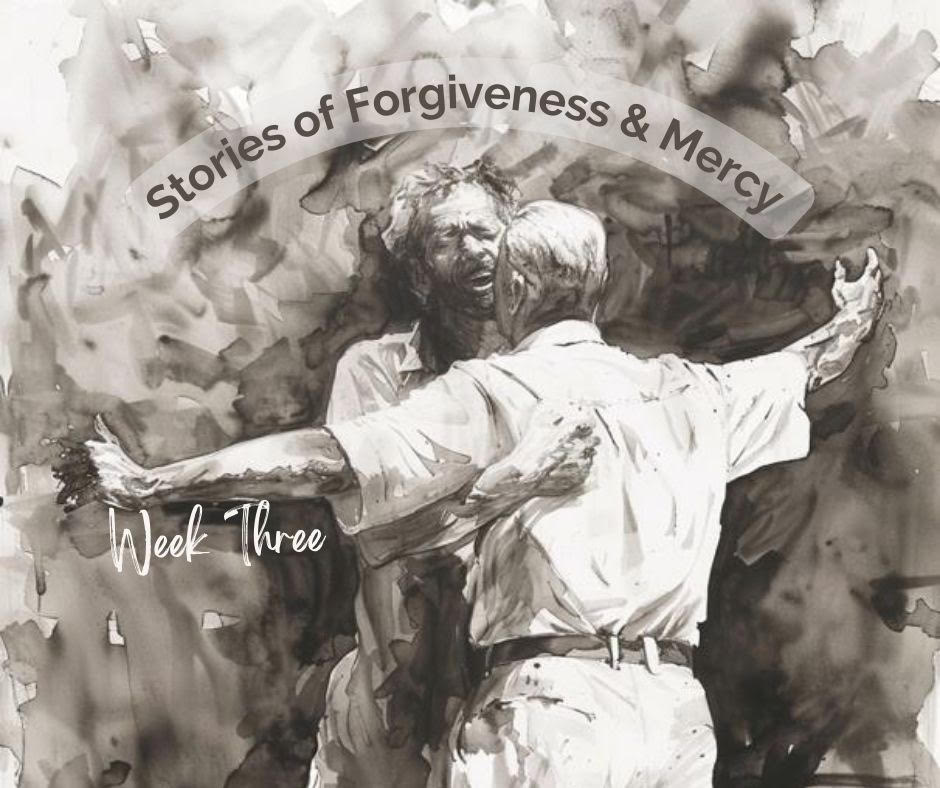Jonah
is one more explosive revelation we have safely turned into a children’s Bible story.
When God asks Jonah to go preach to the Ninevites—to repent and find God’s forgiveness—Jonah refuses. He’s afraid God will forget all those passages in the Torah about how gentile nations are anathema, and only Israel is God’s choice. Jonah knows just what will happen: this God-gone-soft will just forgive those Ninevites, and he’s not going to be a part of it.
In Jonah’s defense, his fears are not unfounded. Nineveh is the capital of Assyria, an empire known throughout the Near Eastern world for its brutal and savagely effective warfare. These were not nice people. They were Israel’s mortal enemy. And yet, when the great fish re-routes Jonah to Nineveh and he preaches his most half-hearted sermon, the Assyrians repent in droves. And God forgives. Jonah stalks off muttering under his breath, “I knew you’d go and do that. I knew it!”
The little book of Jonah is hardly the children’s story we’ve made it. It’s a caricature of the most little-minded, jingoistic, self-righteous religious person in the world. We’re meant to laugh at this guy. The unknown author uses satirical humor to lampoon the Jonah in all of us, because we all want to be special, exceptional. We all want to be the chosen one, the forgiven one, the loved one, but we can’t quite feel chosen unless we know someone else is not chosen. It’s the reason Thomas Aquinas claimed that one of the joys of the blessed in heaven will be that they are permitted to “see perfectly the sufferings of the damned.” And that is exactly what Jonah wanted to see—Nineveh nuked.
If you are able to love your enemies and rejoice when good things happen to bad people, give thanks for your miracle. The rest us are still working on that, praying for eyes to see the Jonah in our hearts, praying for the grace to laugh at ourselves, to glimpse a love so relentless, so unstoppable it reaches even those we hate, and to imagine how we might actually take that in. Someday.
COMPANIONS ON THE WAY
Introduction
Stories of Turning
Week One
Stories of Wild Places
Week Two
Stories of Dogged Faith
Week Three
Stories of Mercy & Forgiveness
Week Four
Stories of Simplicity & Joy
Week Five
Stories of Prayer & Surrender
Week Six
Stories of Transforming Love

Eyes to see and ears to hear – divine gifts that no one wants until after they have already been given. It’s so much easier to be blind and deaf…
You put your finger on the Jonah spirit—that willful blindness to the presence of God. I have that.
David, thanks for this reminder. I spot my inner Jonah on a regular basis. I’m not grateful for his presence. But I am grateful every time I spot it. It’s like that famous line of Ronald Reagan: There you go again.
One of the grand elements of the Hebrew scriptures is this self critical component. As you point out, Hebrew prophets and Hebrew leaders are constantly shown to be human. Flawed. Sometimes seriously flawed. And there it is, right there in the scriptures. The opposite of hagiography.
The purpose of all this? It makes it easier for me, the reader, to identify. And then repent.
Keep spotting that Jonah guy—“There you go again”! That’s good.